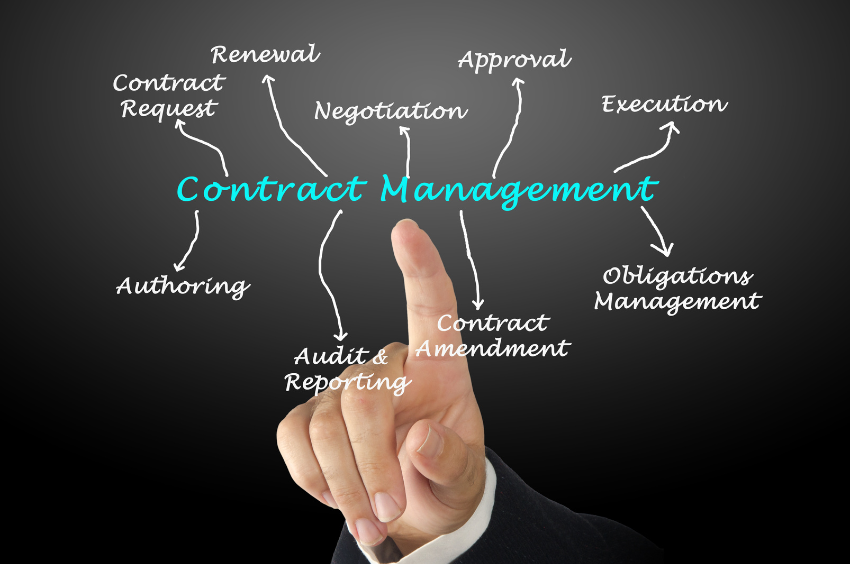Finding the most qualified job candidate can take time and effort. Recruiters must sift through hundreds of resumes, schedule interviews, and conduct skills tests. However, it’s not enough to rely on these methods. You must also prepare thoughtful and relevant questions that will help you get to know applicants in depth.
Here are the top 10 questions for applications to help you hire the right person for your job vacancy. Better yet, collect these answers using an online form to expedite your recruitment process.
1. Tell me about your current job.
While some interviewers focus on hypothetical scenarios or behavioral questions, it’s helpful to simply ask about the candidate’s current job first. This gives you a better sense of their experience and daily tasks.
Observe how they speak about the current workplace and team members. Are they positive and enthusiastic? Or do they seem unhappy and ready to move on? The candidate’s current situation is an excellent way to determine if they are a good fit for your company.
2. What strengths and skills can you bring to the company?
Prospective employees list their strengths and skills in their resumes or cover letter. HR managers can leverage this information to identify the best candidates for a position. The applicant’s strengths help determine if they match your job requirements.
Skills provide you insights into an applicant’s ability to perform specific tasks. For example, if a position requires the use of a specific CRM platform, an applicant with a full stack of certifications should be on your shortlist. As a follow-up question, ask them how they could apply these skills to situations that they may encounter in the role they’re applying for.
3. Are you comfortable working independently, or do you prefer working with a team?
This question helps you gauge the applicant’s personality and work style. It also identifies what type of environment the candidate would thrive in. If the applicant prefers to work independently, you may consider placing them in a role requiring minimal supervision.
Conversely, if the candidate indicates that they work better in a team setting, they’re better off in a role that requires lots of collaboration.
4. How would your coworkers describe you?
This question will help you understand how the candidate interacts with others and how their peers generally perceive them. It also gives you a clue whether or not the candidate is a team player and how well they handle criticism.
Their answers may also reveal red flags that might not be apparent from simply looking at a resume or cover letter. If a candidate says, “My colleagues think that I’m a perfectionist,” then they might not be fit for an organization with a “fail fast” culture.
5. How do you see yourself five years from now?
This question is commonly asked in job interviews to gauge a candidate’s long-term motivation and career ambitions. Asking about a candidate’s plans can help assess whether they will likely stay with the company for the long haul or if they will move on as soon as a better opportunity comes along.
Depending on the answer, you will know if the candidate is ambitious and driven. It’s usually a good sign if they have clear aspirations and are working towards achieving them. On the other hand, if they seem uninterested in their future or unsure of what they want to do, this could be a red flag.

6. How do you keep yourself organized when working on multiple projects?
This question helps you look for specific examples and explanations of how candidates manage their time and resources. It provides insight into a candidate’s work habits and ability to handle competing demands.
Candidates who can provide clear and concise answers to this question are likely to be well-organized and capable of prioritizing tasks effectively. This makes them more likely to be successful in positions that require them to juggle multiple projects simultaneously.
7. How do you manage pressure when hitting deadlines?
Ask the candidate how they have coped with the pressure, managed deadlines, and handled challenging projects. Their answers can help you predict how the candidate will perform in similar situations in the future. Try to find out if they are comfortable with shorter turnaround times and how they mitigate missed deadlines due to external factors.
You can identify candidates who are qualified for the job and likely to thrive in the company’s culture. This question also helps to weed out candidates who may be overqualified or underqualified.
8. What are your salary expectations?
Asking a candidate about their salary expectations can help you gauge if they are in the suitable range for the position. If a candidate is unwilling to share their salary expectations, it may be because they are not comfortable with the range you are offering. Salary expectations can also indicate the candidate’s level of experience and qualifications.
If a candidate is expecting a higher salary than what you are willing to pay, it may be because they have more expertise than what is required for the position. On the other hand, if a candidate is expecting a lower salary, it may be because they are still new in the industry.
9. What did you do in the past year for upskilling?
When finding the best talent, asking questions about upskilling is crucial. Understanding what candidates have been doing to improve their skill sets can give you a better sense of their dedication and commitment to professional development.
Furthermore, you can gauge whether their upskilling efforts align with your organization’s needs. Asking candidates about their upskilling activities also gives you a better sense of their self-awareness and ability to identify areas for improvement.
10. What’s one fact that’s not on your LinkedIn profile?
The question allows the candidate to showcase information that is not commonly found on a resume or social media profile. This is an opportunity for the candidate to share unique and interesting facts about themselves. Their response can help you determine if they are a good fit for your team.

Streamline Job Application Questions With Online Forms
Online forms allow you to efficiently collect information from job applicants. Streamlining your questions can make the form-filling process easier for you and the applicant. Here are a few tips for creating an effective online form:1. Keep it short
Keep the number of questions to a minimum. Every question you add will increase the time it takes to fill out the form. Stick to essential questions that will help assess whether the applicant is a good fit for the job.2. Use clear, concise language
Avoid convoluted questions that could be interpreted in multiple ways. Be as specific as possible so that there is no room for confusion. You may refer to the top ten questions above to gauge the applicant’s competence.3. Leverage online forms features
Many online form builders offer features such as drop-down menus and prefilled fields that can help to make the form-filling process even easier. You can add multiple-choice questions or let the applicants check appropriate boxes on specific questions.HR’s Most Powerful Online Form Builder
Fill is one of the most trusted online form builders for HR professionals. With its drag-and-drop interface, you can quickly create forms compliant with all major global HR standards, including HIPAA and GLBA. No coding or technical skills are required. With customizable templates, you can quickly create contracts for your independent contractors and consultants. Additionally, Fill offers a wide range of features that enable you to collect and manage employee data more effectively. You can:- Request electronic signatures for contracts
- Automate the onboarding process
- Track attendance and paid time offs
- Manage employee expense claims
- Create and send pay stubs or invoices.




